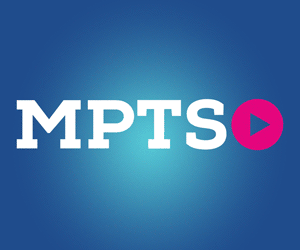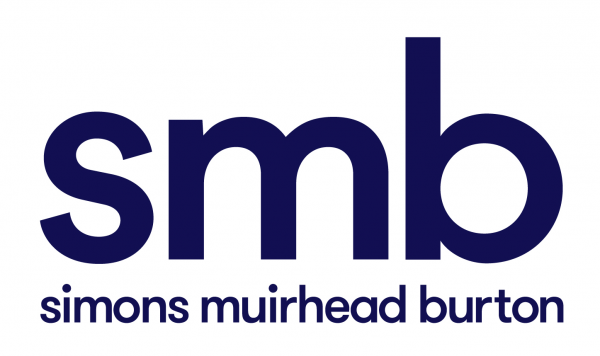From January 1st 2025, an increased rate of tax relief will be available for VFX expenditure in the UK.
The UK Screen Alliance campaigned for many years to get better tax relief for VFX. This would allow the UK’s VFX industry to achieve its full potential, stimulating economic growth, innovation and the creation of highly skilled, highly productive jobs.
An unintended consequence of the structure of the UK’s tax reliefs for film and high-end TV put UK VFX vendors at a disadvantage compared to other territories. Productions could claim 25.5% tax relief on their UK spending via the Audio Visual Expenditure Credit. However, the relief is capped once a production has spent 80% of its budget in the UK. Any UK spending beyond 80% received zero relief. Often this impacted the VFX spending in the UK, a part of the production process which is easily transferred to another territory, where further and higher tax incentives can be claimed. The cap therefore actively disincentivised productions from remaining in the UK for VFX if they had also filmed here. Highly credible research estimated that over £350 million per year of VFX work was being performed outside the UK on productions that had filmed in the UK and claimed UK tax credits.
In the Budget Statement of March 2024, we were successful in persuading the then Chancellor of the Exchequer, Jeremy Hunt to announce that from April 2025, the VFX spend will attract a rebate of 29.25% net and will be immune from the 80% cap. The cap will remain in place for non-VFX spend.
The General Election in July 2024, bought a change of government before our proposal could be implemented. However it has cross party support and after an anxious wait, we were relieved when the Labour Chancellor Rachel Reeves announced in her first Budget in October 2024, that the VFX uplift would go ahead. Furthermore the date of implementation, at our request, had been brought forward to January 1st 2025, and following an industry consultation, a proposal made by Treasury to make the costs of Generative AI ineligible for the rebate had been dropped.
We estimate that the VFX uplift will attract £175 million per year of additional VFX spending, an increase of over 45%. This will create 2,000 new jobs directly and 800 indirectly. This is effectively free growth for the UK, as the tax receipts from the additional economic activity created will cover the cost of providing the incentive.
For further details on the VFX uplift see our webpage.
The Independent Film Tax Credit (IFTC) for films with limited budget of under £15 million introduced in 2024, does not have an exemption for VFX spend from the 80% cap on total eligible expenditure. Our intent is to fix the cap problem for all budget levels, as VFX for limited budget film is often serviced by smaller VFX boutiques, which are often outside of London. We will gather evidence to make the case for including a VFX exemption from the cap in the IFTC.
Past successes
We were part of the TV Coalition which lobbied for the introduction of tax relief for High End TV drama.
In 2013/14 UK Screen successfully campaigned to reduce the threshold for the minimum UK spend to allow more VFX-only projects to qualify for tax relief. Previously this threshold had been set at 25% and we argued that projects which had been shot elsewhere in the world were not choosing the UK for post and VFX because they were not meeting the minimum spend requirement. Alongside this change, UK Screen also proposed changing the cultural test such that there would be extra points for performing VFX work in the UK. The government agreed and introduced the necessary legislation to reduce the threshold to 10% and to reform the cultural test.









